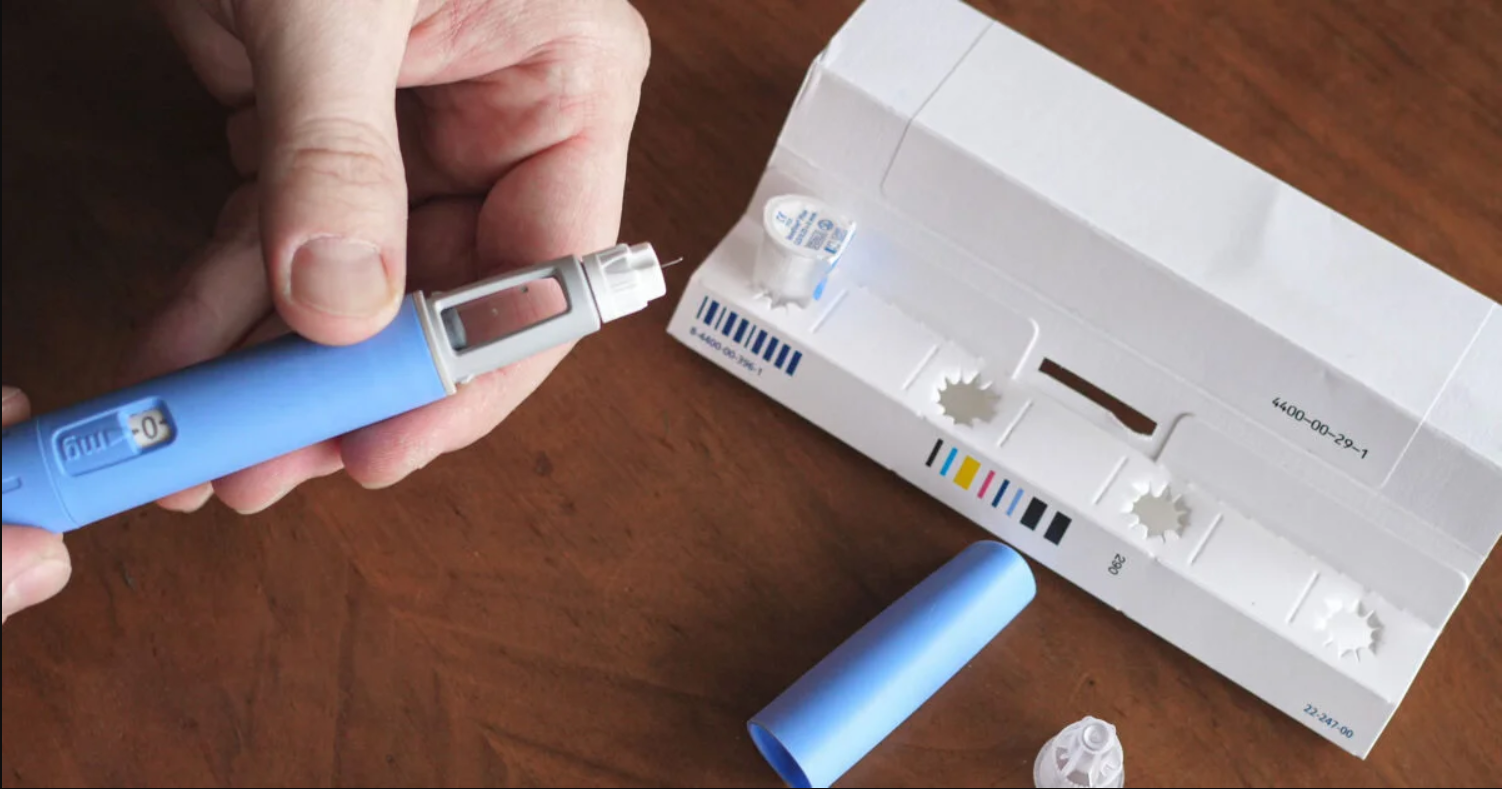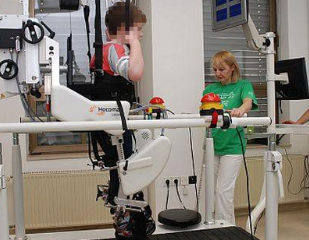The use of popular weight loss drugs to treat childhood obesity may have serious unintended negative consequences for children, according to a group of researchers at the University of California, Irvine (UCI), UCI News reported.
In an article, which will be published in the Journal of Clinical and Translational Science, the researchers outlined the likely dangers of more widespread use among children of glucagon-like peptide-1 receptor agonists (GLP-1RAs) — the drug class that includes blockbuster drugs Wegovy and Ozempic, among others.
The researchers warned against the unknown effects of prescribing the medicine to children, given the “dearth of research” on these medicines in children and adolescents and the likelihood that the drugs would be prescribed for long-term use.
The article includes a call to action for better research on the drugs’ effects on the pediatric population and oversight to mitigate threats to pediatric health.
READ ALSO: Common antibiotics linked to increased risk of kidney stones among children
High-profile research touting the success of the injectable drugs for treating childhood diabetes and promoting weight loss, along with the likelihood that the drugs will soon be available in oral form, makes it “inevitable” that more children and adolescents will be taking them, according to the UCI researchers.
Doctors will be more likely to prescribe the drugs, particularly among populations with high obesity and low fitness levels, and more children and teens may find ways to access and abuse the drugs on their own.
Children, they wrote, need energy for physical activity, like adults. But they also need extra energy from their diet for growth and development. Any change in the balance of caloric intake and energy expenditure, which the drugs may easily cause, could adversely affect children’s health later in life.
For example, an energy intake-to-expenditure imbalance could cause insufficient bone mineralization in youth which could lead to osteoporosis and fractures later in life. Lack of necessary caloric intake could also adversely impact metabolism, causing harmful growth patterns and inflammation, the researchers said.
The researchers found children already know about these drugs from social media. That knowledge, along with teens’ proclivities toward risk-taking, and the availability of the drugs in oral form will “create a perfect storm” for potential abuse.
READ ALSO: Drugs used to treat indigestion in babies linked to serious infections- study
The risks are particularly high among youth with eating disorders or body image issues, or youth who participate in weight-sensitive sports such as gymnastics or wrestling, they added.
The researchers raised concerns about the lack of studies the drugs have undergone in pediatric populations. “Children are not miniature adults and as newer formulations emerge it cannot be assumed that pharmacokinetics [how a drug moves through the body] or adverse effects in adults are the same in children or adolescents,” they wrote.
They raised concerns about dosage, lifelong reliance on the drugs and other lifestyle interventions that may be necessary for children.
Other known side effects not mentioned in the article include pancreatitis, thyroid cancer, gallbladder swelling, renal failure, diabetic retinopathy and suicidal thoughts.
The medicines also carry serious and under-discussed risks for pregnant women, and experts have raised concerns about the use of the drugs by young women of childbearing age.
The authors concluded that given the “inevitable” overuse and abuse of these drugs among pediatric populations a network of academic centers called “Clinical and Translational Science Award Hubs” ought to take up the responsibility of mitigating the problem.

 Entertainment5 days ago
Entertainment5 days ago
 Comments and Issues1 week ago
Comments and Issues1 week ago
 Comments and Issues1 week ago
Comments and Issues1 week ago
 Health7 days ago
Health7 days ago
 Comments and Issues1 week ago
Comments and Issues1 week ago
 Health3 days ago
Health3 days ago
 Football7 days ago
Football7 days ago
 Football7 days ago
Football7 days ago













